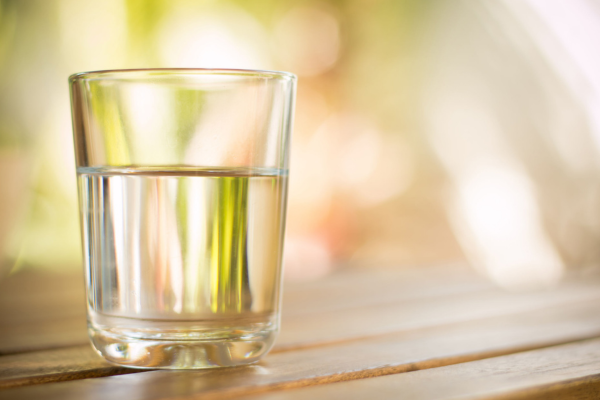California’s State Water Resources Control Board (SWRCB) has adopted groundbreaking new regulations pertaining to direct potable reuse. This decision marks a major milestone in California’s water management history, and will act as a powerful catalyst for major water recycling initiatives.
“This is a game-changing moment for California’s water management,” said Charley Wilson, Executive Director of the SCWC. “These forward-thinking regulations will enable us to make the most of our water resources and ensure a sustainable water future for our state.”
Key projects like Metropolitan Water District’s Pure Water SoCal and LADWP and Los Angeles Sanitation District’s Operation NEXT Water Supply Program stand at the forefront of this innovative wave, setting a benchmark in sustainable water management.
“It’s crucial to recognize that the success of high-quality recycled water systems depends fundamentally on the quality of the source water,” said Wilson. “This is where the role of the State Water Project and the Colorado River becomes indispensable as part of an “all-of-the-above” approach to water resources. Squeezing every possible use out of each drop of water we have is key to a sustainable water future for California.”
The SWRCB’s regulations will help to ensure that direct potable reuse projects are designed and operated in a manner that protects public health and the environment. The regulations also provide a framework for the development of local and regional direct potable reuse projects.
“We applaud the State Water Resources Control Board for their leadership and foresight in adopting these regulations,” said Wilson. “This is a major step forward in our efforts to ensure a secure and sustainable water future for California.”
The SCWC is committed to working with the SWRCB and other stakeholders to ensure that the regulations are implemented in a manner that is consistent with the highest standards of public health and environmental protection. Watch our video series on water recycling to learn more about the process.
